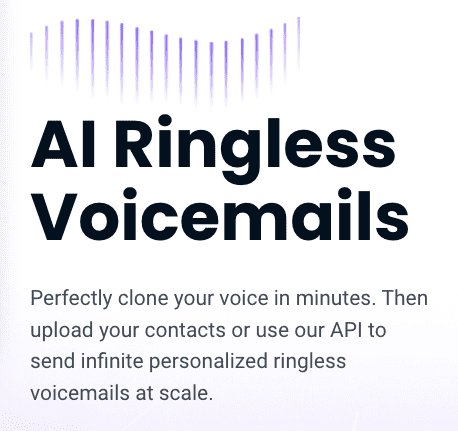Overview
Anakin AI is a flexible artificial intelligence application platform crafted to boost performance and optimize task handling across multiple sectors. This platform offers a strong collection of more than 1000 ready-made AI applications, addressing a wide range of needs like content development, document exploration, and process automation. Users can effortlessly pick and tailor these apps to suit their particular requirements, allowing for effective task management without requiring extensive coding knowledge.
Central to Anakin AI's attraction is its no-code AI app creator, enabling users to craft tailored AI-oriented applications in mere minutes. This attribute supports the creation of text, image, and video makers, as well as intricate workflows and automation agents, all through an easy-to-use interface. Furthermore, the platform accommodates batch tasks, promoting the efficient and effective handling of large-scale datasets.
Anakin AI also delivers capabilities for crafting chatbots, training AI models such as ChatGPT using proprietary information, and embedding AI features into current systems. This smooth integration ensures users can augment their existing tools and workflows with sophisticated AI capabilities. Focusing on making AI approachable, Anakin AI offers comprehensive resources like documentation, a blog, and a community forum, guiding users throughout their AI usage journey.
Key features
- No-code AI app creator: Rapidly develop custom AI applications without any coding expertise through an intuitive, accessible interface.
- Ready-made AI applications: Utilize over 1000 out-of-the-box AI apps for various tasks such as content production, boosting effectiveness without prior setup.
- Adaptable workflows: Construct and automate sophisticated processes customized to particular enterprise demands, enhancing productivity and outcome.
- Batch processing capabilities: Run AI applications on extensive datasets concurrently, conserving time and effectively scaling operations.
- Smooth integration with existing tools: Effortlessly merge AI functionalities into everyday tools and platforms, improving current software functionalities.
- Community and aid resources: Take advantage of a comprehensive support network including documentation, a blog, and a user community to assist with AI adoption.
Pros
- Immediate analytics: Observe AI application efficiency and user interactions live, providing instant insights and adjustments for optimal performance.
- Expandable infrastructure: Easily grow AI solutions as business demands increase, without the need for significant extra investments in hardware or resources.
- Data protection protocols: Guarantee the safeguarding of sensitive information with strong security measures, compliance standards, and encrypted data exchanges.
- Cross-platform compatibility: Employ AI applications across various gadgets and platforms, offering flexibility and accessibility for users on the move.
- Visual data depictions: Convert intricate data into simple and understandable visual reports, assisting in making well-informed decisions swiftly and precisely.
Cons
- Restricted customization choices: Although workflows are customizable, the extent of customization may not satisfy the demands of extremely specialized industries.
- Reliance on templates: Heavy dependency on pre-designed apps can limit innovation and adaptation to distinct business obstacles.
- Complex integration scenarios: Seamless integration is promised, yet complex systems may necessitate considerable adjustments and tests.
- Generic AI solutions: AI applications may not fully grasp niche or industry-specific subtleties, possibly impacting task accuracy.
- Overwhelming feature set: The extensive range of features and tools can be intimidating for new users, resulting in a challenging learning curve.



